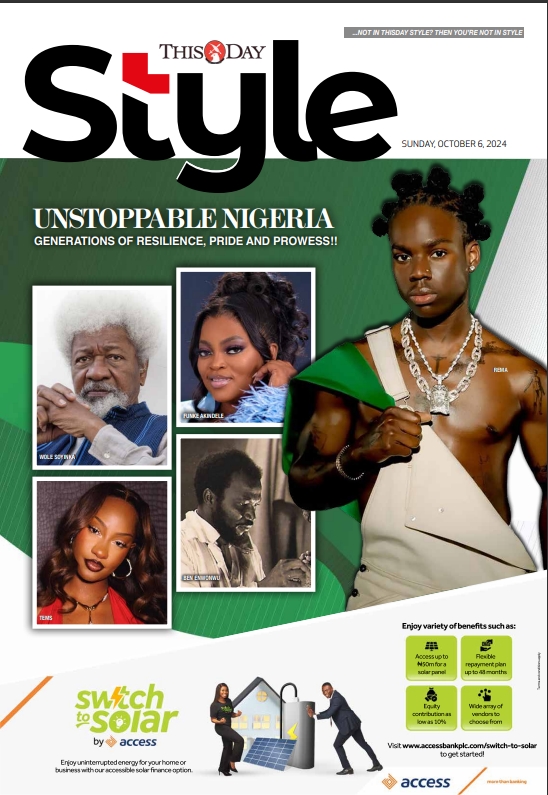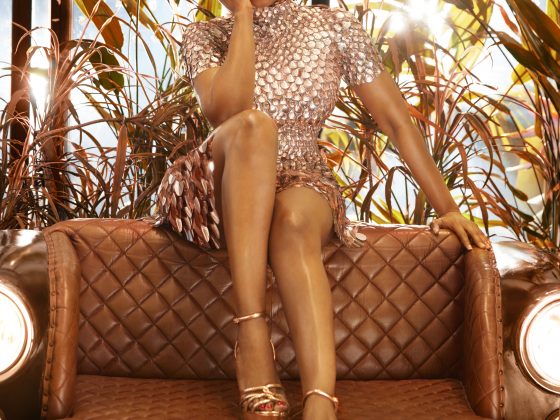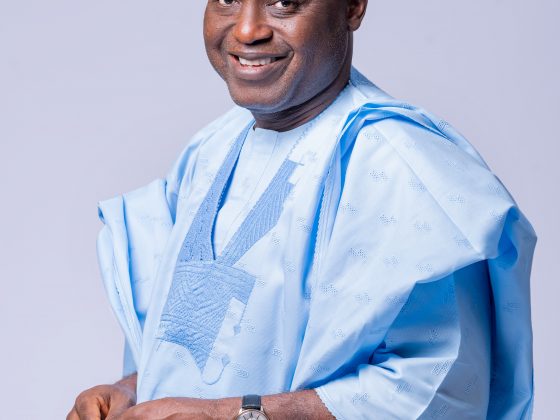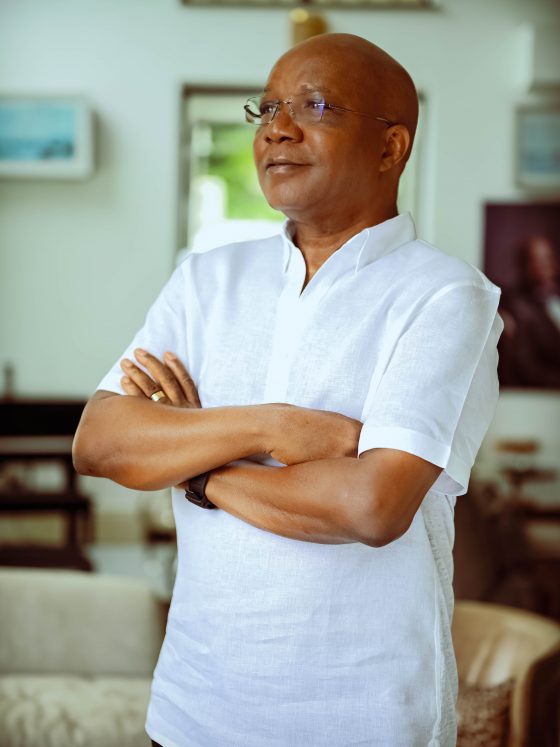As we reflect on the past 64 years, it is evident that Nigeria has overcome numerous challenges and obstacles to emerge as a vibrant and dynamic nation. From the struggles for independence to the fight for democracy, Nigerians have shown remarkable resilience and determination in shaping their country’s destiny. The diverse cultural heritage of Nigeria has played a significant role in fostering unity and strength among its people, creating a sense of national pride that transcends individual differences. Through its rich history and vibrant traditions, Nigeria continues to inspire and captivate the world with its unique blend of diversity, unity, and style. From the era of colonialism to the present day, Nigeria has navigated a complex journey marked by resilience, creativity, and a deep-rooted sense of national pride. After years of struggle and resistance against colonial rule, Nigeria gained independence on October 1, 1960. This marked a significant turning point in the country’s history, ushering in a new era of self-governance and national pride. Following independence, Nigeria faced numerous challenges as it sought to establish a unified national identity while respecting the diverse cultural traditions of its various ethnic groups. The government worked to promote unity and inclusivity while also recognising and celebrating the unique heritage of each community. This period of nation-building and cultural integration laid the foundation for a more cohesive and inclusive society, where diversity was seen as a source of strength rather than division.
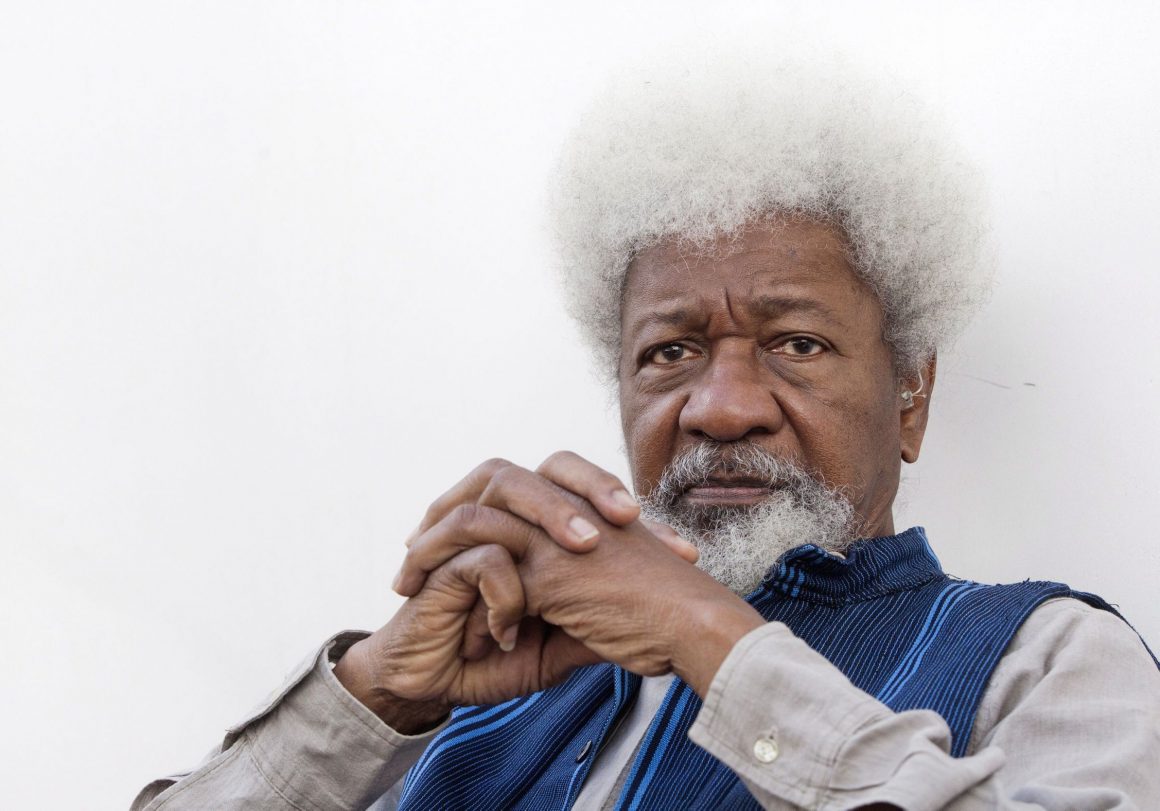
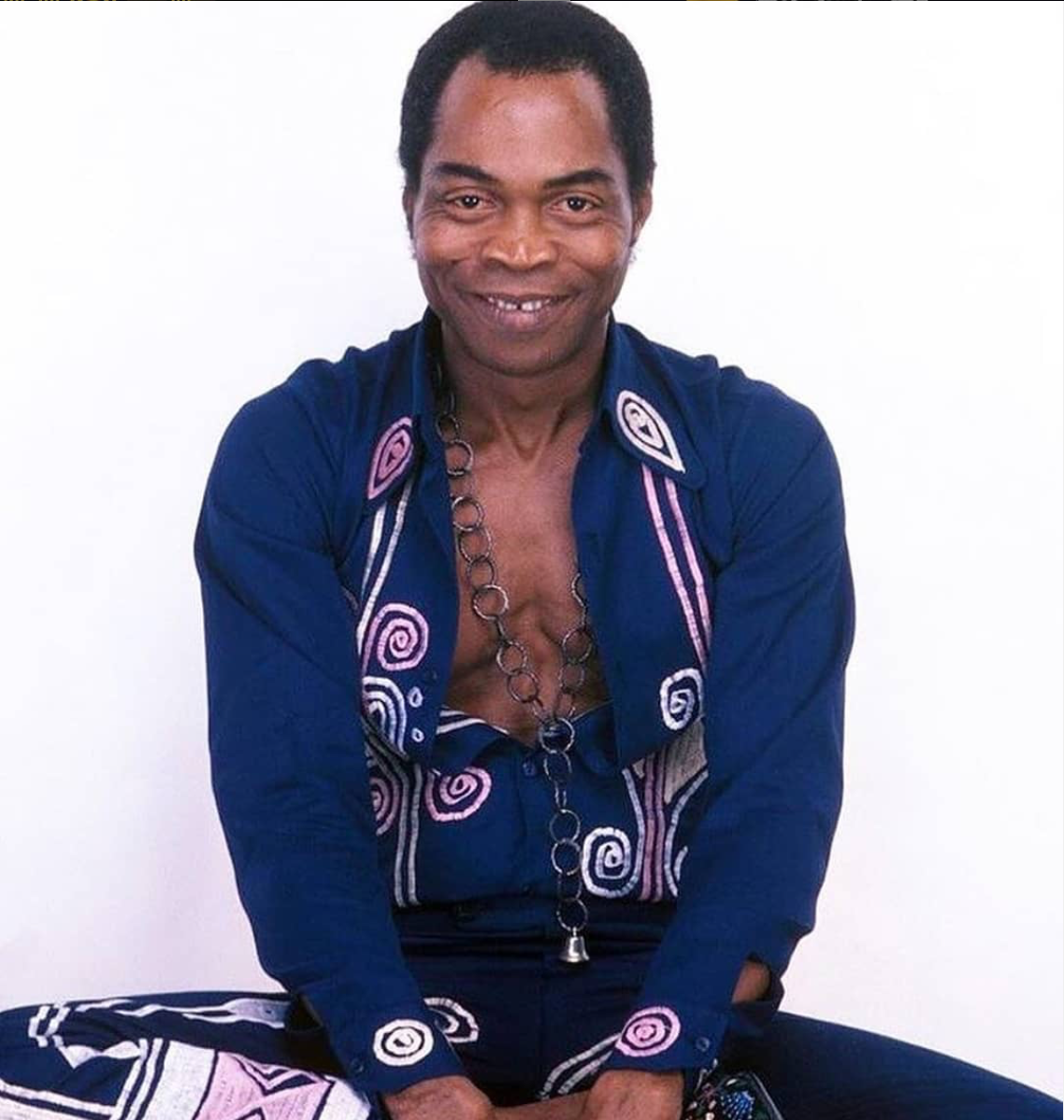
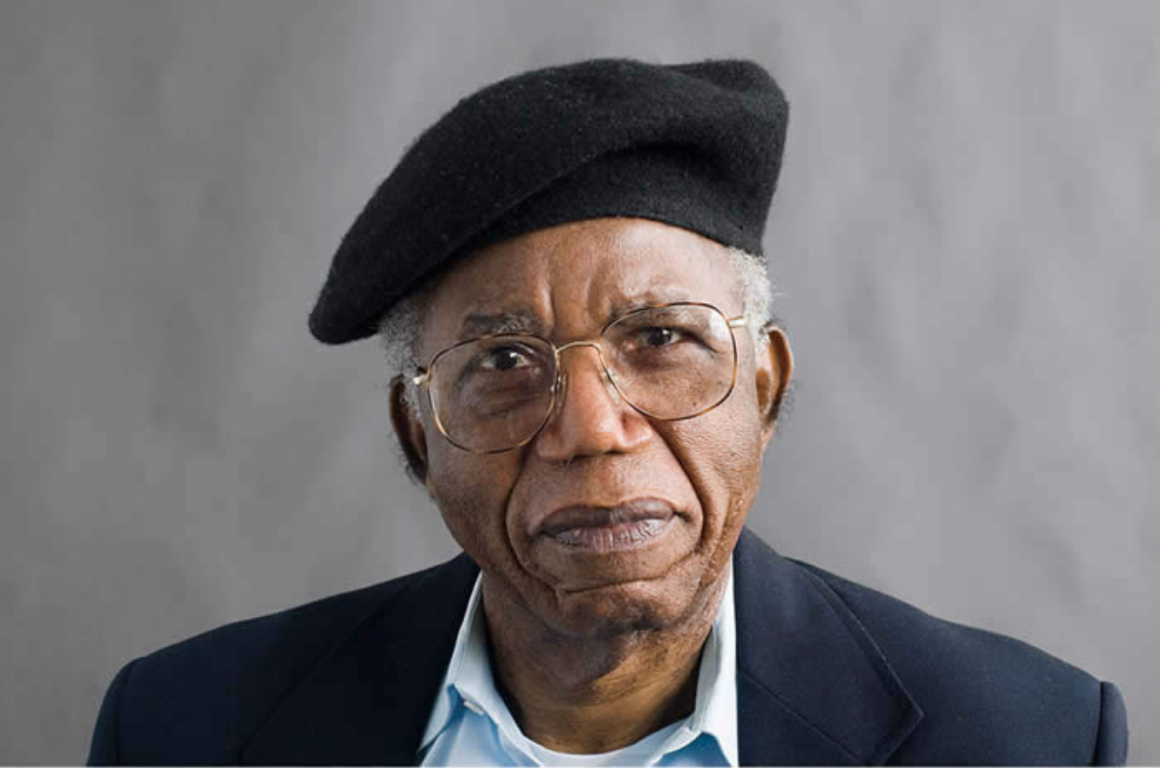
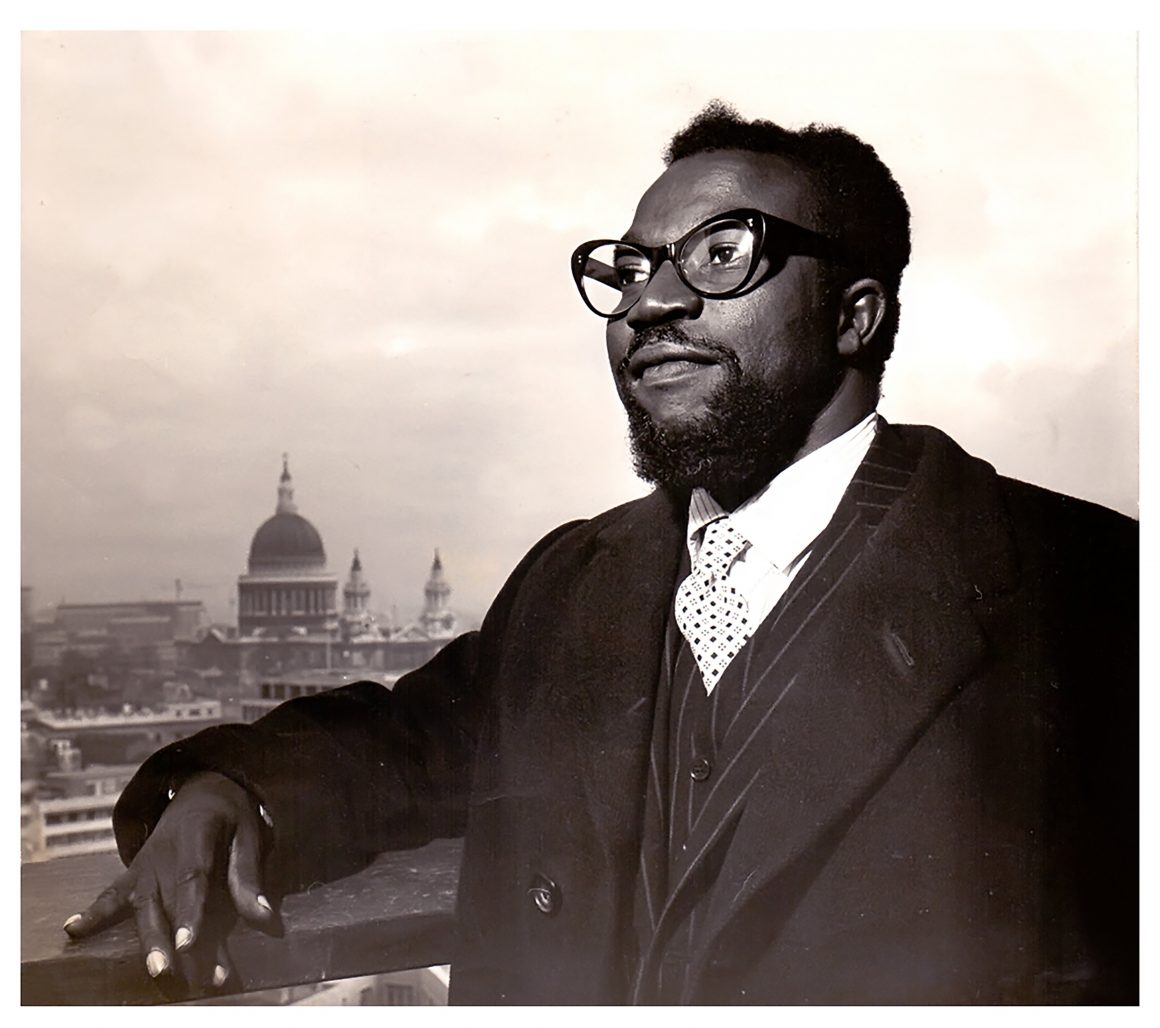
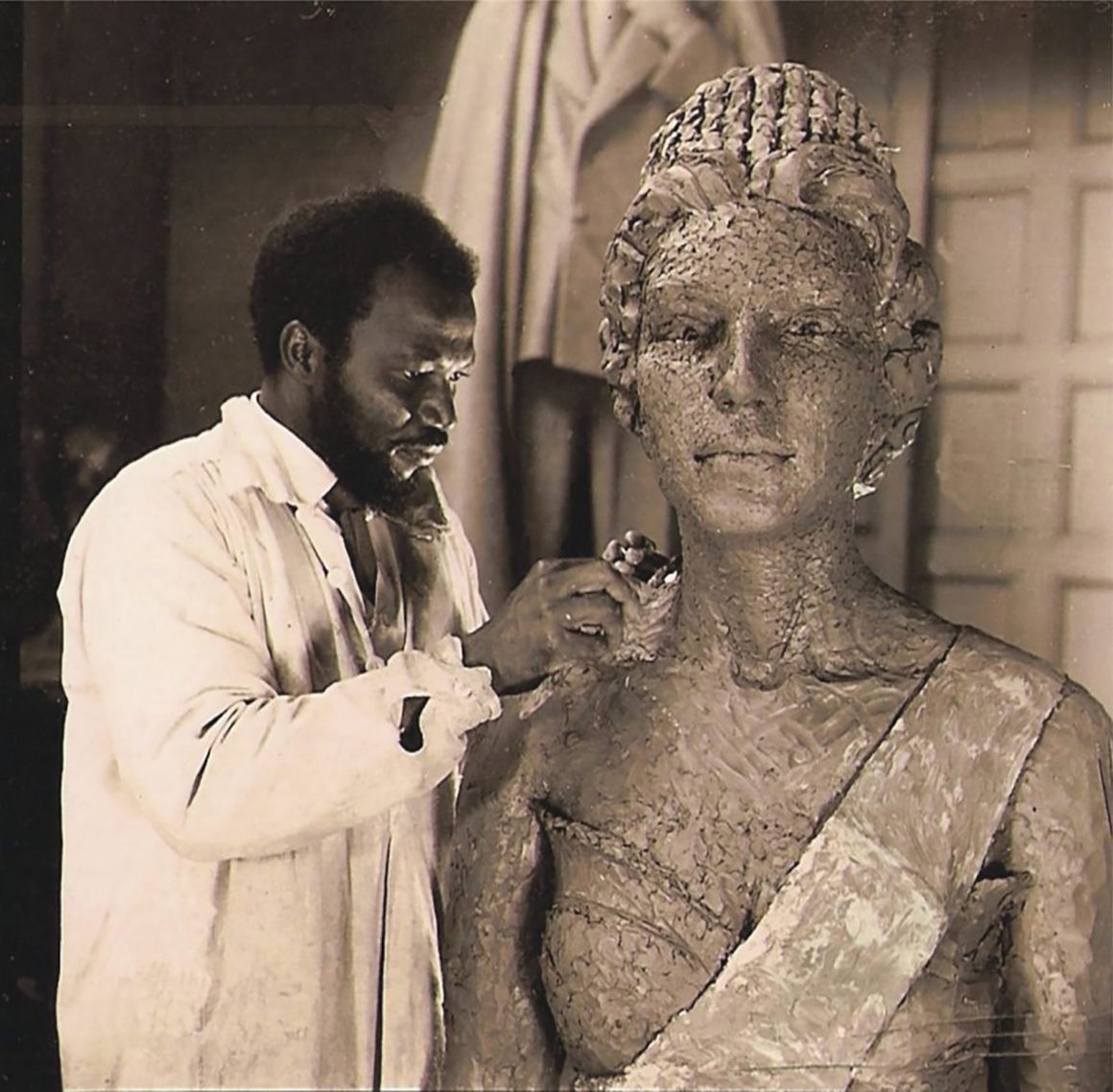
Cultural Diversity and Heritage
Nigeria is a melting pot of diverse ethnic groups, each with its own unique traditions, languages, and customs. From the Hausa-Fulani in the north to the Yoruba in the west and the Igbo in the east, the country’s rich cultural tapestry reflects its vibrant heritage. As these ethnic groups coexist and interact, they contribute to the vibrant tapestry of Nigerian culture. The blending of traditions, languages, and customs has created a unique identity that is celebrated and embraced by all Nigerians. This period of nation-building and cultural integration has fostered a sense of unity in diversity, where the strength of the Nigerian identity lies in its rich diversity. Traditional practices and festivals play a vital role in celebrating Nigeria’s cultural heritage. From the colourful Durbar festival in the north to the lively Osun-Osogbo festival in the southwest, these events showcase the country’s rich traditions and create a sense of unity among its people. As Nigerians come together to celebrate these traditional practices and festivals, they not only honour their cultural roots but also strengthen their sense of national identity. The vibrant colours, music, and dances of these events serve as a reminder of the rich tapestry of traditions that make up the Nigerian heritage. Through these shared experiences, Nigerians forge bonds that transcend ethnic and regional differences, fostering a deep sense of unity in diversity.
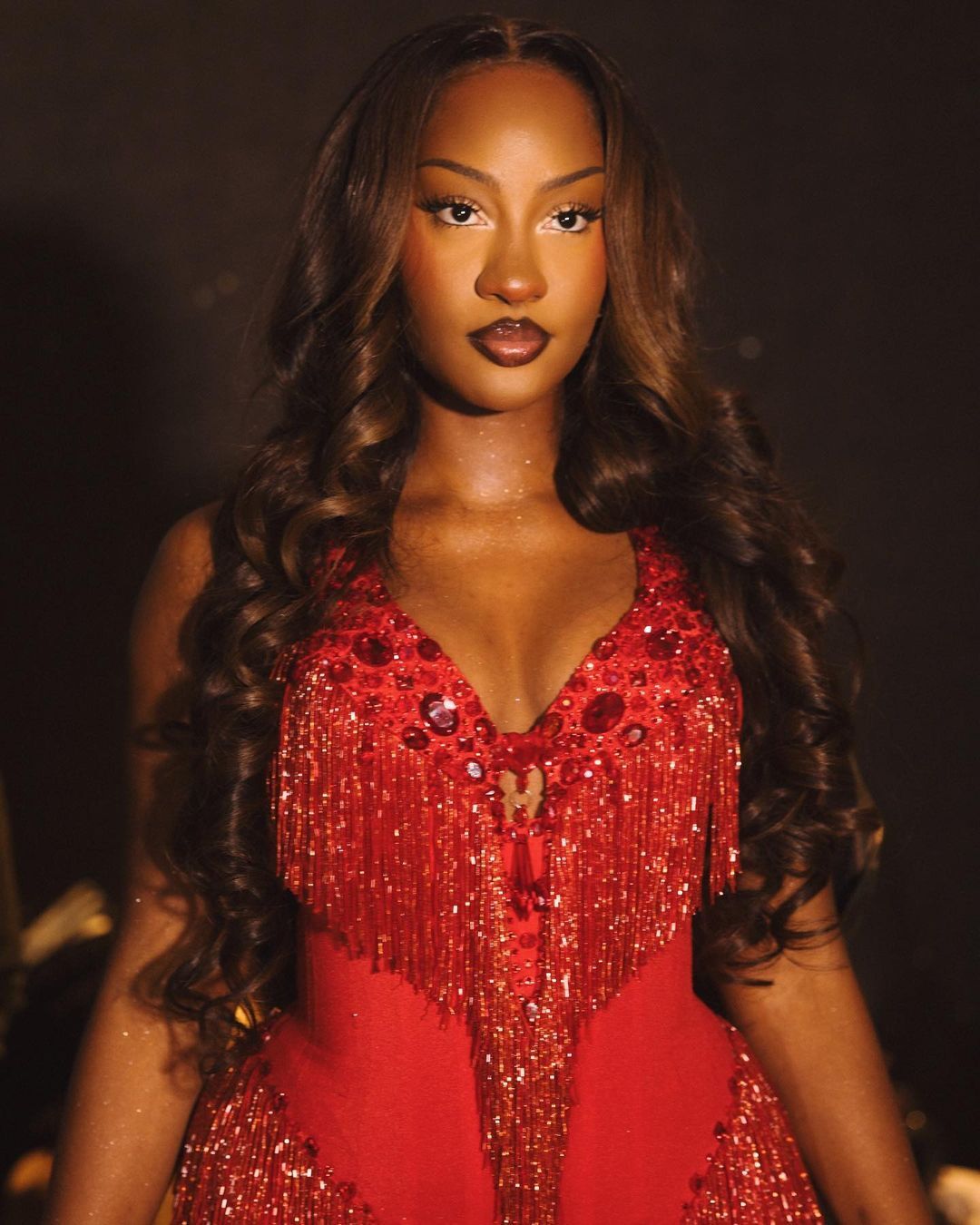
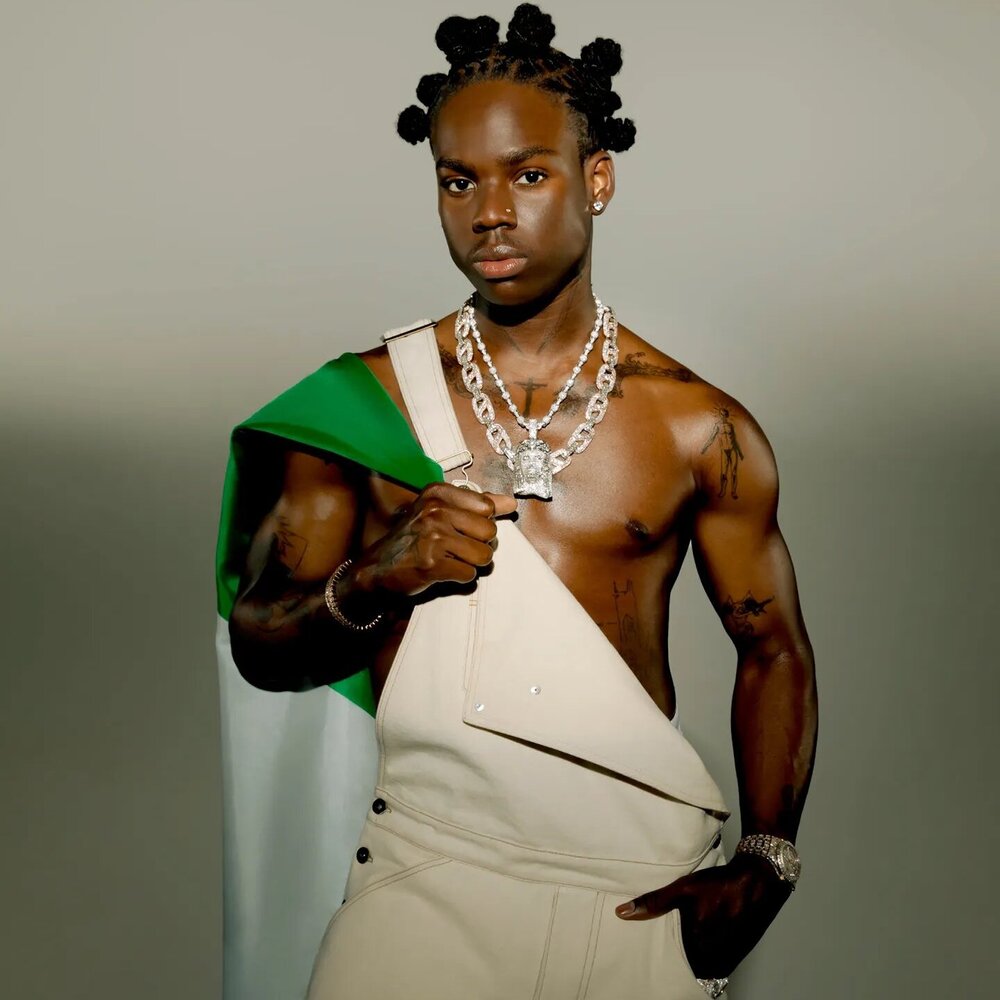
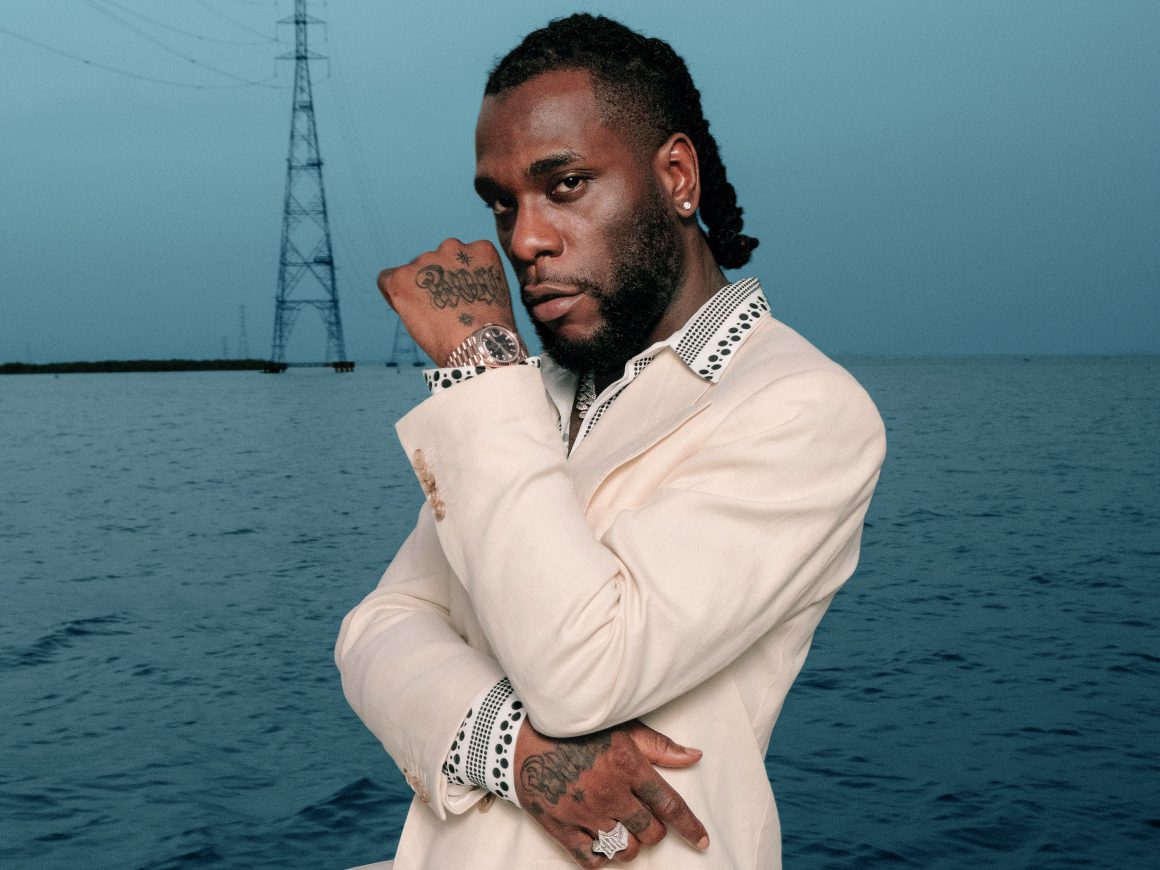
Unity in Diversity: Strengths of Nigerian Identity
Nigerian Pidgin, a unique blend of English and local languages, serves as a unifying force among Nigerians of different backgrounds. Widely spoken across the country, this dynamic language reflects the cultural diversity and shared experiences of its speakers. One of the key strengths of Nigerian identity lies in its rich cultural traditions and heritage. From vibrant festivals to traditional ceremonies, Nigerians celebrate their diversity through a variety of cultural practices that have been passed down through generations. These traditions not only serve as a source of pride for Nigerians but also contribute to the sense of unity that binds the country together. As Nigerians continue to uphold their cultural traditions and celebrate their diversity, they also embrace national symbols and values that represent unity and resilience. From the green and white flag to the national anthem “Arise, O Compatriots,” these symbols serve as a reminder of the strength and spirit of the Nigerian people. Through a combination of traditional practices and modern influences, Nigerians showcase their unique cultural identity in various aspects of their lives, including fashion, art, and music.
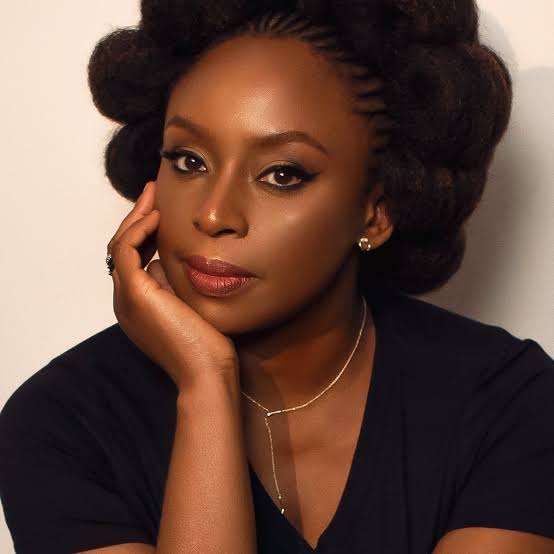
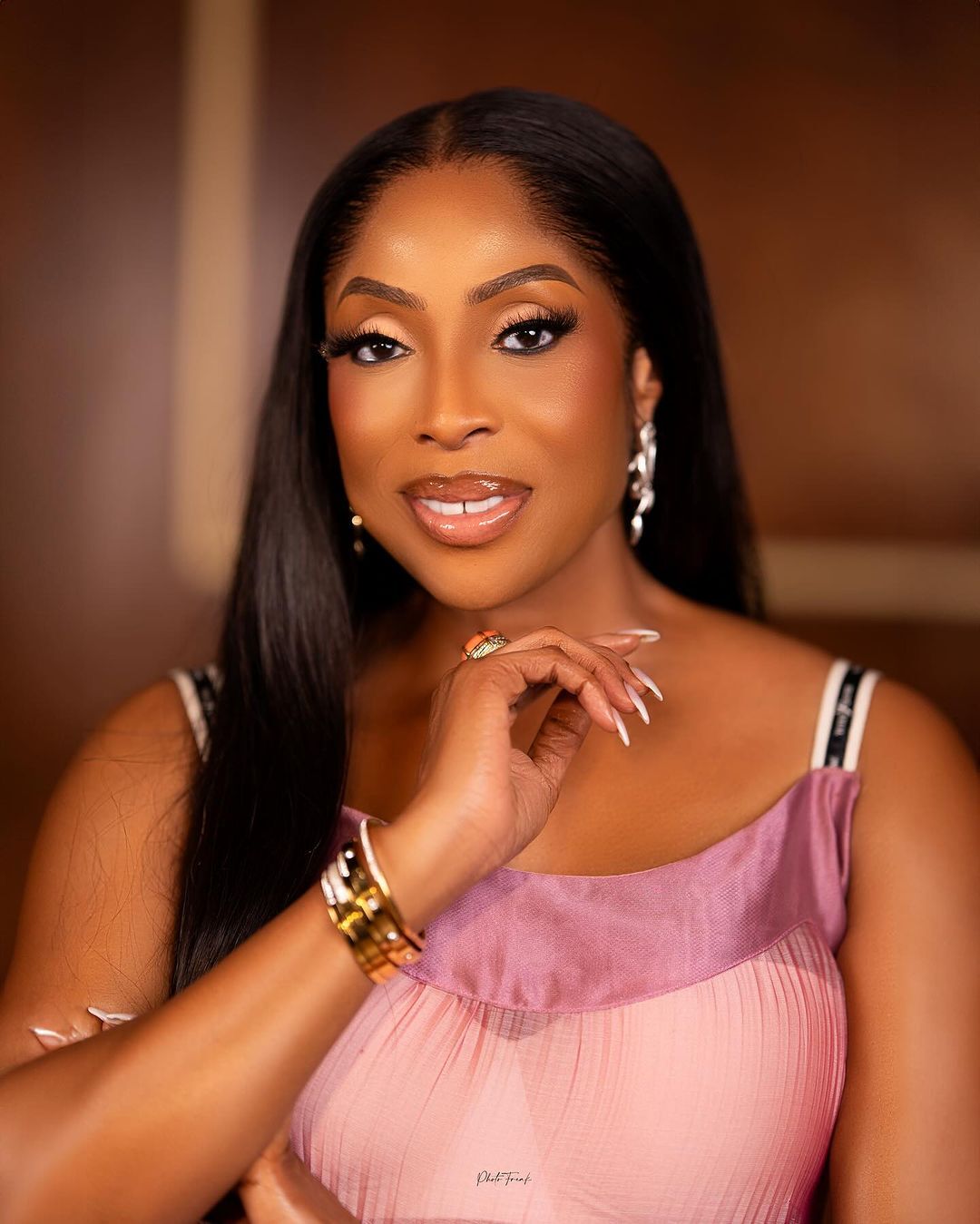

Fashion and Style: Showcasing Nigerian Creativity
In the world of fashion, Nigeria is a rising star, blending traditional aesthetics with modern influences to create innovative designs. Nigerian designers are making waves on the international stage, redefining what it means to be stylish with their bold colours, intricate patterns, and fearless creativity. Despite the challenges faced, the Nigerian fashion industry has remained resilient and continues to thrive. Designers are not only creating beautiful garments but also contributing to the country’s economy and cultural identity. The fusion of traditional and modern elements in Nigerian fashion reflects the country’s rich history and vibrant spirit, making it a true representation of the nation’s journey through the years. Nigerian fashion blends traditional attire with modern influences, creating a dynamic and eclectic style that reflects the country’s rich cultural heritage. From colourful Ankara prints to intricately woven fabrics, Nigerian fashion celebrates diversity and creativity. As Nigerian fashion evolves and gains recognition on the global stage, it serves as a powerful representation of the country’s vibrant culture and creativity. The fusion of traditional and contemporary elements in Nigerian fashion reflects the country’s ability to adapt and thrive in an ever-changing world.
Despite its challenges, Nigeria has made significant progress in various sectors, including technology, entertainment, and entrepreneurship. The country’s vibrant music and film industries have gained international recognition, with artists like Burna Boy, Rema, Tems, and filmmakers like Kunle Afolayan, Mo Abudu, Funke Akindele making waves on the global stage. Additionally, Nigerian tech startups are making strides in innovation and creating opportunities for young entrepreneurs, showcasing the nation’s potential for growth and development.Nigeria has produced a stellar lineup of literary giants and cultural figures who have left an indelible mark on the world stage. From the iconic Chinua Achebe and Wole Soyinka to the trailblazing Chimamanda Ngozi Adichie, Nigerian authors continue to captivate readers worldwide with their powerful storytelling. On the cultural front, figures like Fela Kuti and Ben Enwonwu have revolutionised music and art, while Nollywood stars such as Genevieve Nnaji and Nkem Owoh have taken the film industry by storm with their talent and charisma. From music and film to tech startups, Nigerian creativity and innovation are making waves globally, inspiring a new generation of entrepreneurs and artists.
Nigeria has faced its fair share of challenges, from political unrest to economic woes, but through resilience and determination, the country continues to push forward. Each obstacle overcome is a testament to the indomitable spirit of the Nigerian people. As Nigeria commemorates 64 years of history, diversity, unity, and style, the spirit of resilience and progress continues to propel the nation forward. Nigeria’s story is one of strength, creativity, and unwavering pride. As we look to the future, let us carry forward the lessons of the past and celebrate the essence of being proudly Nigerian – a nation that embodies the beauty of diversity, the power of unity, and the timeless elegance of its unique style.
Happy 64th birthday, Nigeria.

